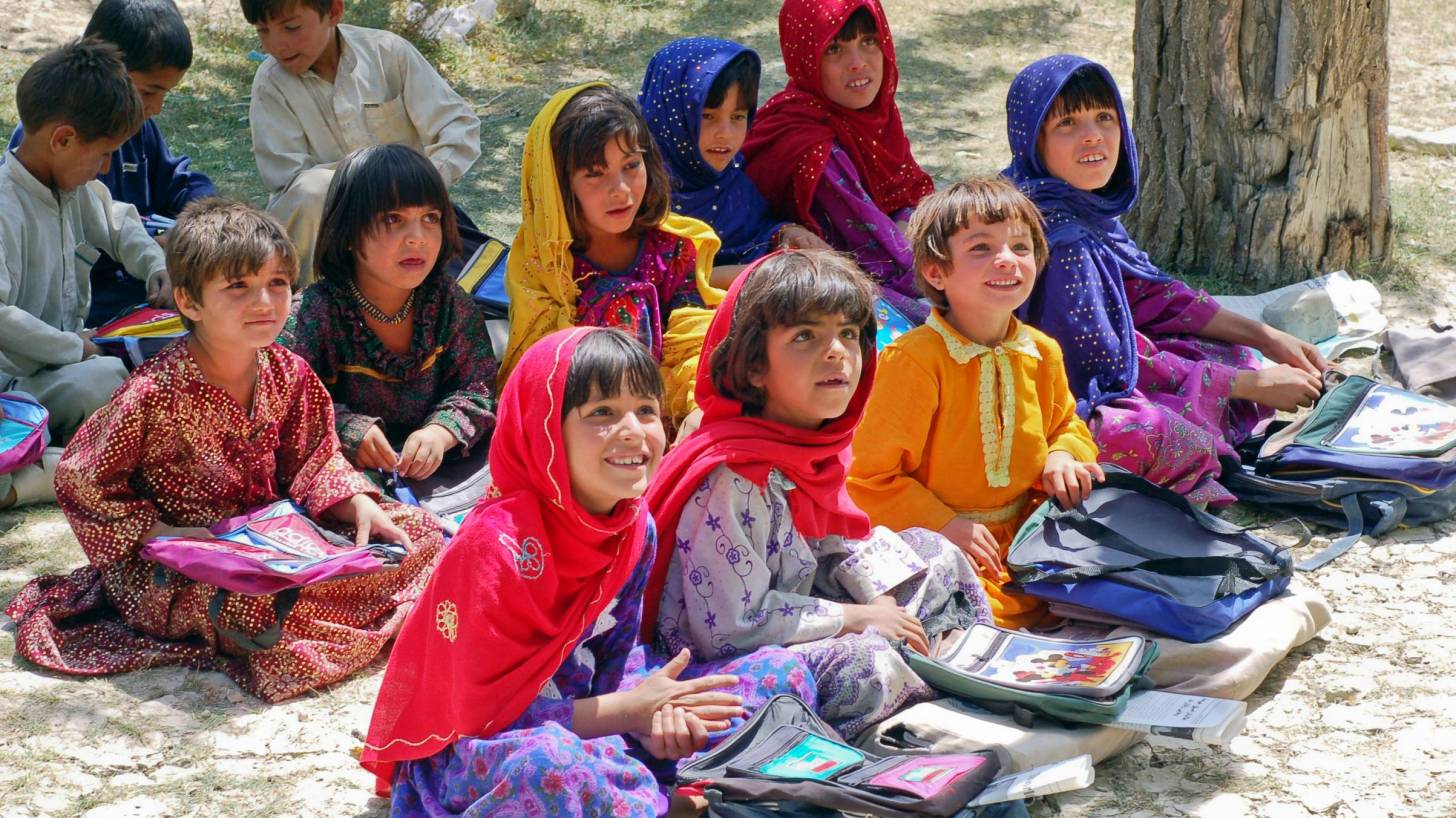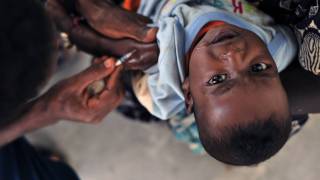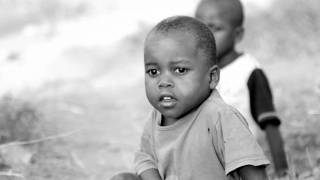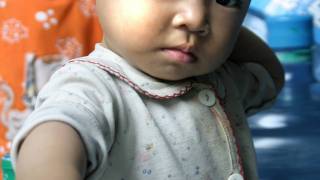Afghanistan-Pakistan Scholars Reiterate: Polio Vaccinations Comply With Islamic Shariah

Thirty eminent Islamic religious scholars from Afghanistan and Pakistan have reiterated ‘that polio vaccines are not only safe and in compliance with Islamic principles, but also a religious and moral duty incumbent on all parents.’
This joint declaration was issued at the Afghanistan-Pakistan Eminent Ulama Conference, held in Muscat, Sultanate of Oman, on April 15, 2019.
The Conference is an innovative step in the global effort to stop poliovirus, under the aegis of the Islamic Advisory Group for polio eradication (IAG).
For the first time, the IAG convened religious scholars from both sides of the Afghanistan-Pakistan border in a bid to appreciate their value as community leaders and to secure bilateral support for polio eradication efforts across the joint country corridors through which the virus is being transmitted.
The Conference was inaugurated by His Excellency Dr. Darwish bin Saif Al Maharbi, Undersecretary for Administrative and Financial Affairs, Ministry of Health, Oman and His Eminence Sheikh Dr. Kahlan bin Nabhan Al Kharusi, Assistant Grand Mufti of Oman who welcomed the participants and prayed for their success.
"Children are precious in the eyes of Islam, which requires us to call for their protection," said Dr. Al Kharusi, while referring to the weight of responsibility in issuing fatwas and the role of scholars in clarifying Islamic rulings to the general public.
In his address during the opening session of the conference, His Excellency the Deputy of Al Azhar Al Sharif, Dr. Saleh Abbas Goma Saleh, called upon parents to vaccinate their children to protect them from harm.
“The family bears the responsibility of the proper upbringing of, and caring for children and maintaining their health,” he said.
“It is disturbing to see parents neglect their responsibilities and leave their sons or daughters at risk of illness and disability, with those neglected dependents sometimes ending up suffering from chronic physical and psychological disorders.”
He also assured the participating scholars from Afghanistan and Pakistan that the fatwa-issuing partners of the IAG support the use of vaccination.
“Al Azhar Al Sharif’s Islamic Research Academy and the International Islamic Fiqh Academy (IIFA) have authorized countries and governments to require people’s use of preventive immunization as a means of stopping epidemics and preventing their spread.”
“The Secretariat of the Academy denounced those fatwas prohibiting vaccinations and called upon preachers and imams to invite people to welcome vaccination campaigns.”
“The sole purpose of all vaccination teams is to serve humanity, and to completely eradicate numerous communicable diseases, which represent an onerous burden, and could turn into global epidemics.”
“Let us unite in exerting efforts and come to an equitable common word for the good of humankind.”
Watch the Opening Session here. Read the declaration here.
This is an important effort since polio cases continue to be reported during 2019. As of April 17, 2019, the following polio cases were reported:
- Afghanistan—three wild poliovirus type 1 (WPV1)-positive environmental samples
- Pakistan—three WPV1-positive environmental samples
- Nigeria—one circulating vaccine-derived type 2 (cVDPV2) case and seven cVDPV2-positive environmental samples
The Islamic Advisory Group for Polio Eradication (IAG) was launched in February 2014 after consultations among Al-Azhar Al Sharif of Egypt, the International Islamic Fiqh Academy (IIFA), the Islamic Development Bank (IsDB) and the Organization of Islamic Cooperation (OIC).
The group comprises leading Islamic institutions, religious scholars, technical experts, and academia from the Muslim world.
It is aimed at exploring ways to muster support from Muslim religious scholars and groups, donor countries and organizations as well as other contributors for global efforts to end polio in the three remaining endemic countries Pakistan, Afghanistan, and Nigeria and in outbreak countries, particularly Somalia.
Additionally, there is some good news regarding polio vaccine research.
A new study found the Sabin strain–based Inactivated Polio Vaccine (sIPV) demonstrated an immunogenicity profile non-inferior to that of the conventional Inactivated Polio Vaccine (IPV), and it displayed a good safety profile.
This phase 3 clinical trial found seroconversion rates in the sIPV and IPV groups were 98% and 94.1%, respectively, for type 1 poliovirus; and 98.9% and 97.7%, respectively, for type 3.
This study is good news since the World Health Organization encourages the development of new IPVs that use less virulent strains, such as the sIPV, which carries a lower bio-safety risk and demonstrates long-term affordability and accessibility.
Our Trust Standards: Medical Advisory Committee

























